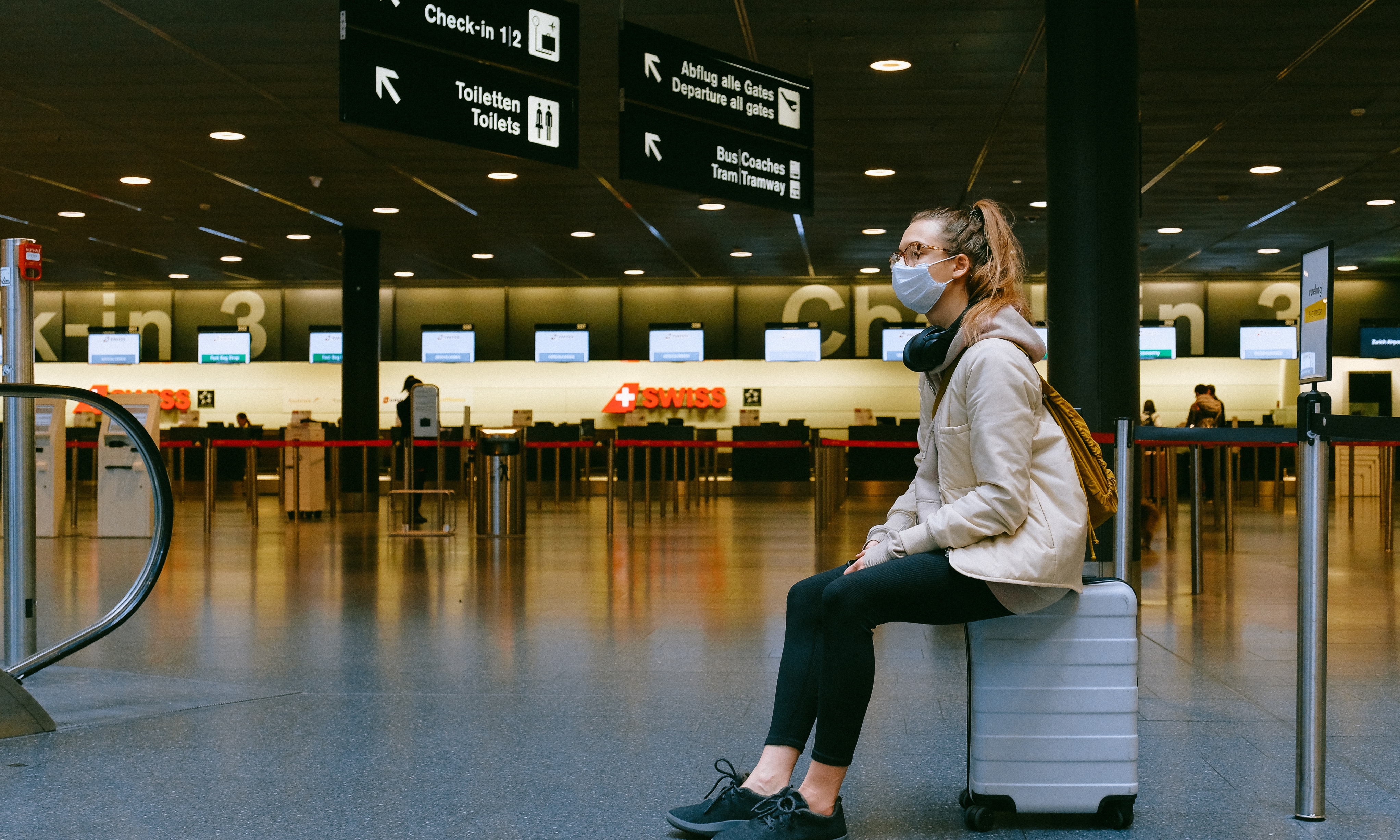What’s Happening With Foreign Travel?


Non-essential international travel has been legal since 17th May, however, with so few countries on the green list, the destinations where travellers can visit without quarantine are very low in number.
The government did warn that international travel would be limited, but the travel industry did not foresee how limited the list would be, particularly when Portugal was also moved onto the amber list.
On 24th June, the government announced that Malta, Madeira, and the Balearic Islands would be added to the quarantine-free travel register. These green list changes will begin from 4 am on 30th June.
In a further encouraging sign, the government has confirmed their plan to allow fully vaccinated travellers to skip quarantine upon their return from amber list countries, although they will still need to take a test. This change is likely to happen "later in the summer".
However, many in the travel industry are frustrated that only a few countries were added to the green list.
So, what could get travel going again and what are the potential blocks?
Even though the government is worried about bringing new cases into the UK, the biggest concern is actually that tourism could encourage a vaccine-resistant variant to develop, which means all vaccination efforts would have been useless. This situation would also greatly endanger the health of the country.
We need to develop a way to work out when a new variant or mutation of the virus is significant enough to change whether a country sits on the green, amber, or red list.

Would this be when a mutation is classified as being “of concern”, or “of interest” or just when the variant is first identified?
"The move from a variant of interest, to a variant of concern, has never been properly identified as the parameters to look at," Dr. Bharat Pankhania, a senior clinical lecturer at the University of Exeter's Medical School tells the BBC.
"They mostly all start off as variants of interest and become variants of concern when displaying activities and properties of being more infectious, severe disease-causing and bypassing the current vaccines."
But we need to consider where to draw the line on this issue, especially if a new variant is dangerous enough to move a country onto a lower level.
Many believe the government is acting in a highly risk-averse manner.
"There's talk of a new variant and everything shuts down," says Jet2 boss Steve Heapy. "Is that how it's going to be going forward?"
"If it is, then they're trying to defeat mother nature - virus do have variants all the time."
Tim Alderslade, the chief executive of industry body Airlines UK, says the sector isn't calling a reopening of travel everywhere.
"But if the government is going to have this kind of risk appetite...then it's going to be really difficult to see how we can have a summer season," he says.
A spokesman for the Department for Transport said: "We have always been clear that protecting public health is our priority and that if decisive action was needed, it would be swiftly taken."

As of 30th June, British holidaymakers will be able to visit the Balearic Islands without quarantining upon their return. However, many in the travel industry were also hoping that some of the Greek islands would open up.
Last year, the island policy was used, and Transport secretary Grant Shapps has commented that this is something his department wants to employ.
However, it is difficult to weigh the risk of each individual island, mostly due to their small size.
“Healthcare facilities are limited and they can provide what they can and no more," says Dr. Pankhania.
"There could come a time when a British holidaymaker is told, wait - we have Spanish people here who are sick and they could take priority, leaving holidaymakers stuck."
There are also fears that coronavirus testing only shows the infection rates of the regular island inhabitants and overlooks the spread of the virus amongst tourists.
Despite this, many believe that putting small regions on the green list is a great idea, as it is a way to keep the travel industry open at relatively low risk.
In the travel industry, this is actually a sore topic, as many don’t understand what determines which colour different countries fall under.
The government has set out some criteria, such as vaccination rates, virus levels, variants, and the quality of genomic sequencing offered by the country. However, they haven’t revealed what level each country needs to meet when they are moved up or down the list.
"We can't plan what we're doing,' says Mr. Heapy. "We've either got to assume all the destinations will be green, none of the destinations will be green, or use a lottery machine and try to work it out in the absence of a structured methodology."
Ultimately, this is not a decision, which is made purely based on other countries’ data.
Ministers are given recommendations from the Joint Biosecurity Centre about other countries’ positions, but they also consider other issues, such as the UK’s own health situation, or the practicalities of putting a country on the red, amber, or green list. This is still very much a political decision.
The government guidelines don’t mention international business travel or consider what other countries are doing when deciding which locations to put on the green list.
On 7th June, transatlantic airline bosses joined together to apply pressure on the UK and US governments, as they want to reopen flights between the two nations for both business and leisure travel.
They are hoping that US president Joe Biden and Boris Johnson will commit to a travel corridor between the US and UK. Unfortunately, this is unlikely to happen anytime soon.
There’s no doubt about it, that airlines are looking to get business going as soon as possible, after a year with minimal passengers and stripped finances.
Ed Bastion, the boss of Delta Airline has commented how rare it was to see all his aviation competitors unite on this issue, but that they were “speaking in one voice”.
Bastion has warned that as Europe begins to open up to US travellers, the UK may begin to miss out on lucrative tourist income.
The European Commission has announced that they will be introducing EU Digital Covid-19 Passports from 1st July. These may also be issued to non-European travellers, including US and UK visitors.
However, many European nations are already welcoming foreign travellers.

Spain, which is currently sitting on our amber list, started to allow British travellers to visit without the need for a Covid test or vaccination certificate on 7th June.
So, British tourists have the option to visit Spain but would still have to quarantine upon return to the UK.
"It is just beggars’ belief," Travel Trade Gazette editor Sophie Griffiths told the BBC. "Especially as countries are opening up and Britain is closing down. People are just confused and frustrated about why that's happening."
EasyJet boss Johan Lundgren agrees: "This decision has cut Britain off from Europe and from the world for that matter - it's utterly confusing for the British people."
It is becoming very difficult to find a successful balance between the demands of travel companies and governments.
"I can see where [travel bosses] are coming from," says Dr Pankhania.
"But from an infection control point of view, we are finely balanced now. We are nearly there - it would be better to be completely certain before opening the gates to all, [as] once opened, it is difficult to close them again."
Do you own a start-up or small business? Do you know how much it's worth? You can find out instantly for FREE with our online business valuation tool below.
Get quick and easy insight into the real value of your business, without any obligations.
At Intelligent, all our experts use a specific formula that will give you a free and highly accurate baseline valuation so that you've got a figure to work with that most realistically resembles the value of your business.